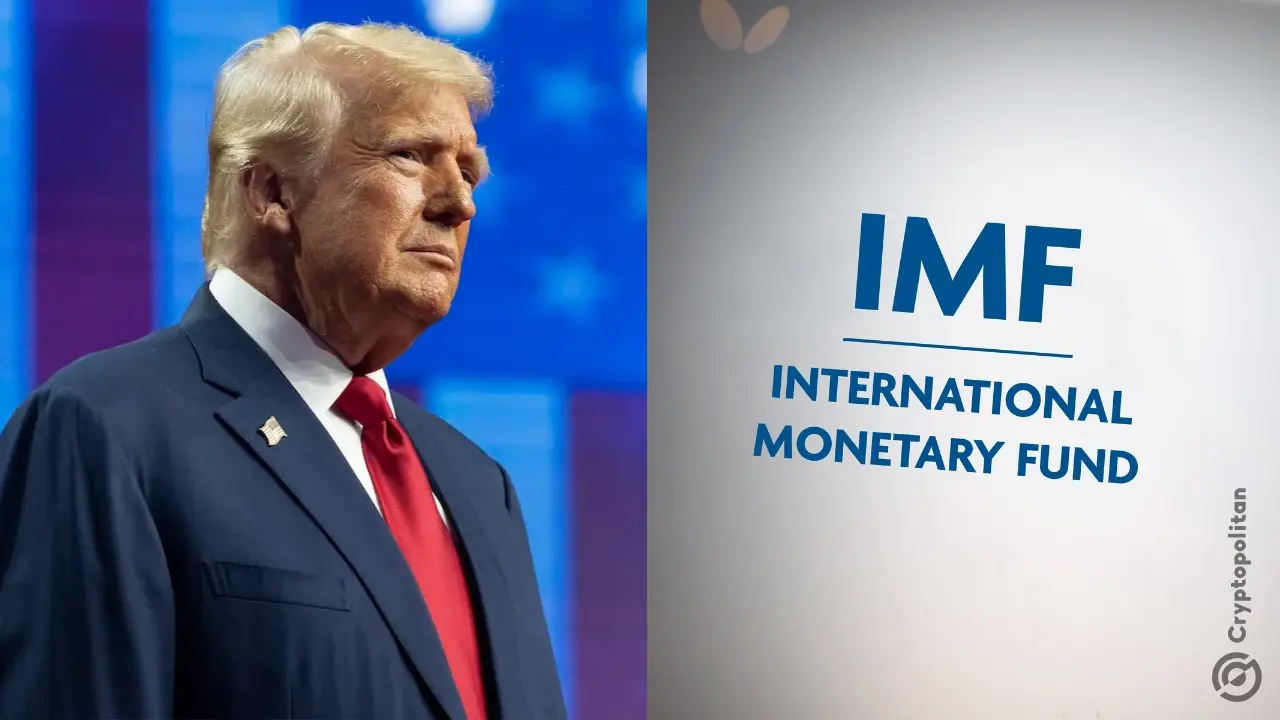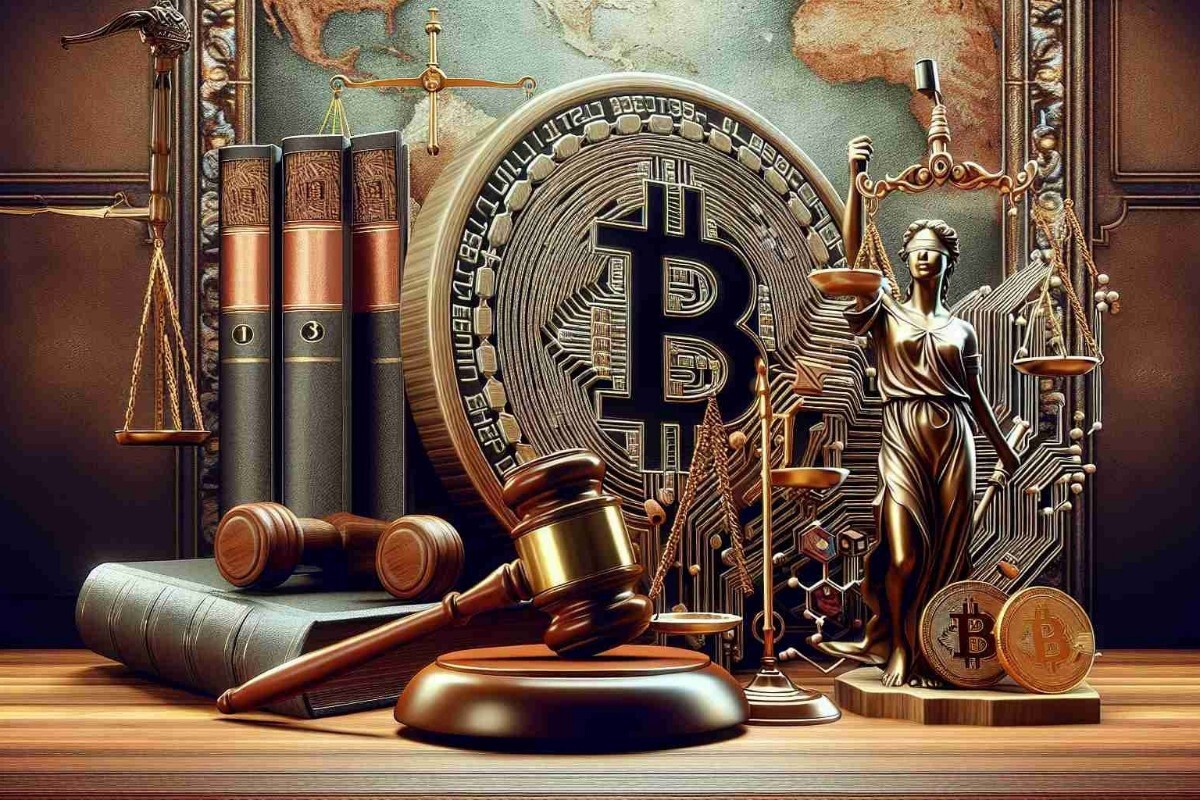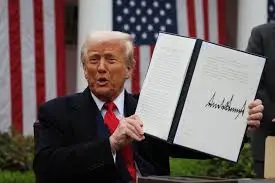On April 15, Trump recently filed an urgent application to the U.S. Supreme Court, hoping that the justices would grant him unrestricted expulsion rights. What blocked him was a jurisprudence from Franklin Roosevelt's administration - Humphrey's Executor v United States.
In 1933, Roosevelt tried to fire William Humphrey, one of the five members of the Federal Trade Commission, due to differences on trade policies and the other party's opposition to the "New Deal" plan. Humphrey sued Roosevelt, and although he died the following year, in 1935, the Supreme Court ruled him to win. For decades, the Humphrey Case established a principle: the president has no unlimited right to fire.
This jurisprudence protects the independence of executives established by Congress and possesses "quasi-judicial" or "quasi-legislative" powers, such as the Equal Employment Opportunity Commission, the Securities and Exchange Commission, etc.
In the spirit of the Humphrey case, the District Court ruled that Trump had no authority to fire two officials appointed by Biden in 2021 and 2022: Cathy Harris (member of the Performance System Protection Committee (MSPB)) and Gwynne Wilcox (member of the National Labor and Industrial Relations Committee (NLRB)). Since Trump did not give any of these reasons, simply because he believed the two would not support his policy, the court found his actions invalid.
In an emergency application filed with the Supreme Court, Trump said the court rulings "untenable." The application reads that the president "should not be forced to hand over executive power to heads of institutions that run counter to government policies, even if it's only one day -- let alone the months it takes for the court to hear the case."
Sai Prakash, a law professor at the University of Virginia, believes that this "Trump v. Wilcox case" may completely end the legal status of the "Humphrey case". Will Baude of the University of Chicago Law School also said that the Justice "almost certainly" ended the Humphrey case.
The Fed and its chairman have never been completely away from political influence, such as Nixon who asked Chairman Burns to cut interest rates before the 1972 election. Trump also regretted nominating Powell as Fed Chairman during his term. Recently, Trump also said he would not replace Powell until the end of his term in May 2026 (his term on the council ends until 2028). But if Trump is dissatisfied with Powell again and the "Humphrey case" is overturned, he will have more room to fire the Federal Reserve Chairman.
















No comments yet